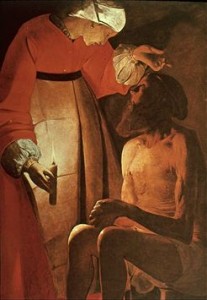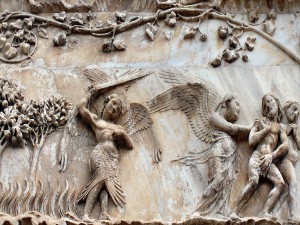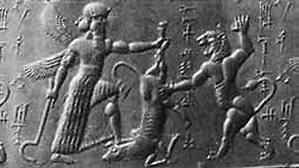24-25
Assignment Eight
March 21-March 23
Forgery and Art
Think about the video about the work of Wolfgang Beltracchi, then respond to this question: IS FORGERY ART?
Consider the following as you craft your response:
- The Beltracchi Question: Wolfgang Beltracchi created paintings in the style of famous artists that fooled experts for years. Defend your position with specific reasoning about what constitutes “art” and whether intention matters in artistic creation.
- Originality vs. Technique: Beltracchi possessed extraordinary technical skills, but used them to create works that imitated others. Can technical mastery without originality be considered art? What is more important in defining art: the idea, the execution, or the authenticity?
- The Value Paradox: When Beltracchi’s forgeries were thought to be authentic works by famous artists, they sold for millions. After being revealed as forgeries, their monetary value plummeted despite being physically identical. What does this reveal about how we define and value art? Is our appreciation of art influenced more by the object itself or by external factors like authorship and provenance?
- Artistic Intent: Compare the intentions of an original artist with those of a skilled forger. How does the creator’s purpose affect whether we should consider something “art”? Can a work created with deceptive intent still be considered authentic art?



